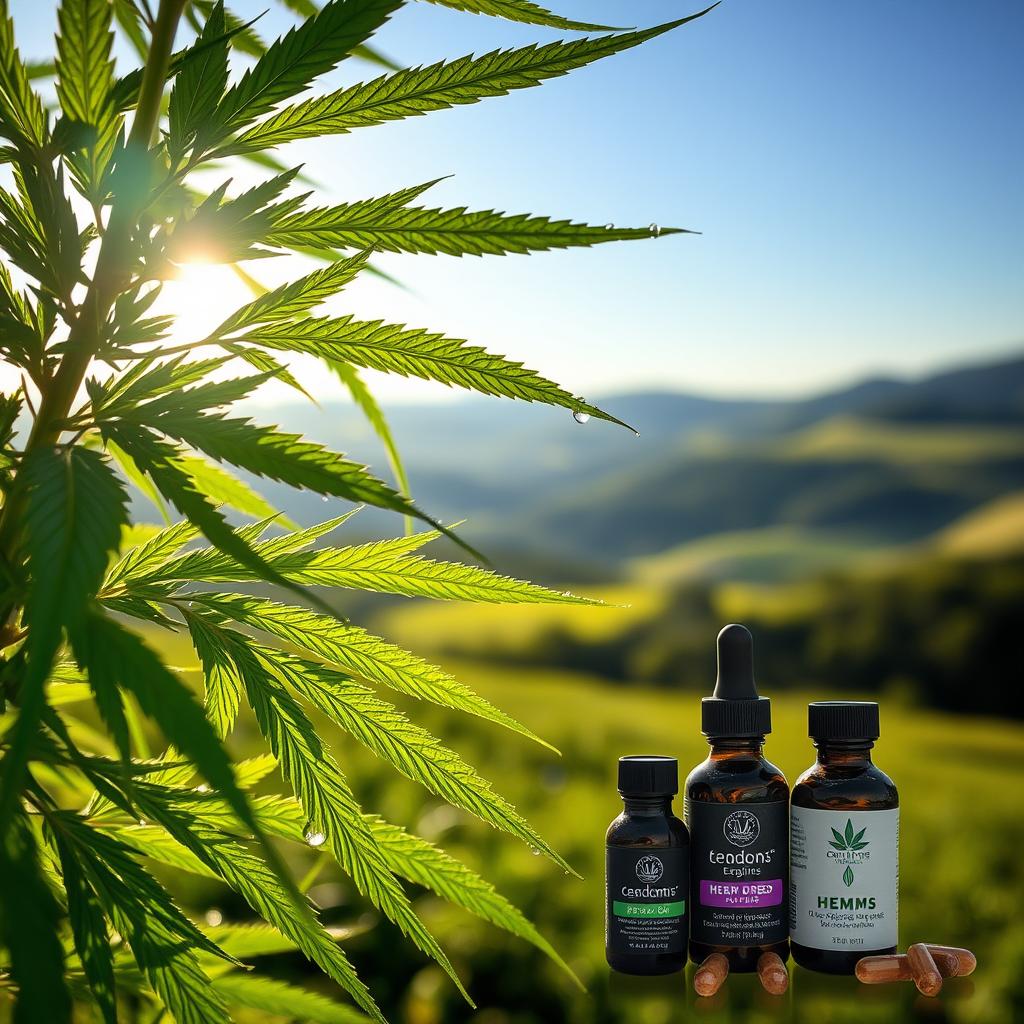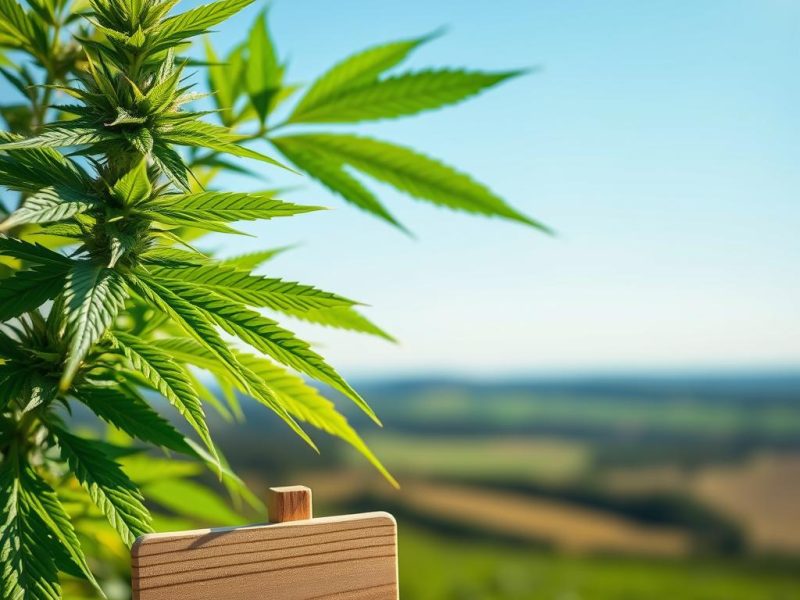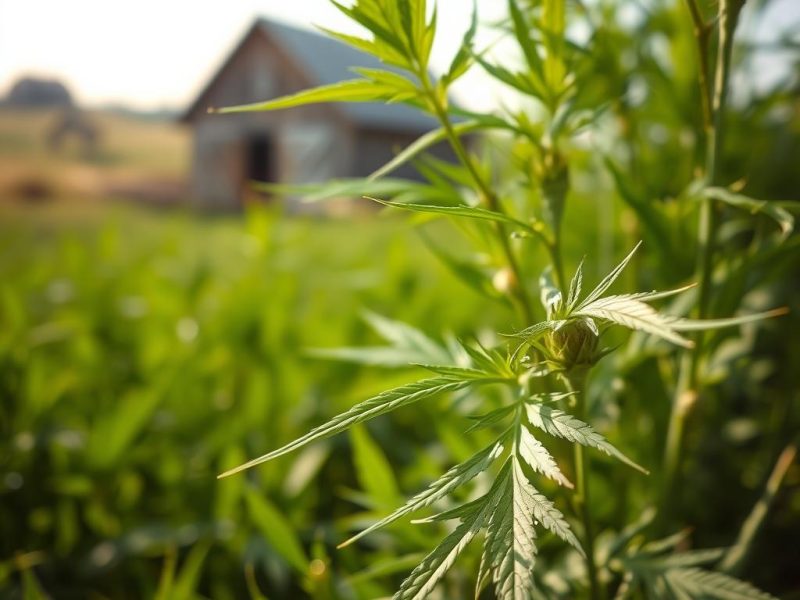Dealing with CBD laws of North Carolina: Limits of THC, Hemp and Current Legislation
Raleigh, NC The legislation related to the use of hemp and CBD in North Carolina is quite dynamic and is open to changes. Although it is presently permissible, from 2025 the sale and usage of these products will be very strictly regulated. This article outlines the legal framework and THC thresholds presently in place and how it is to evolve in the near future.
Present Such as To What Extent How Legal Are CBD And Other Hemp Derived Products?
At the end of the 2025 year, the consumption of CBD and other hemp derivative products became lawful in North Carolina, subject to the conditions that are enshrined in the Federal Farm Bill of 2018. In other words, only those products can be manufactured from a plant called hemp, and those products must not contain more than 0.3% of Delta 9 THC based on the dry weight of the product.
Nevertheless, this introduction leads us to the conclusion that there is a tendency for the state to develop more control. As an apparent example, the governor of North Carolina, Josh Stein, issued a statement regarding the establishment of the Advisory Council for Regulation of Cannabis saying, “because the Cannabis industry is rising out of hand.” Especially, saying “or, to the extent that the product is safe and does not present any health risk.”
How Does This Change From 2025
Some laws that are important will come into force in a couple of years once it is approved in July that year. The adjustments are aimed at reinforcing the state policy with the federal government in order to give solace to health associations and their patrons.
The key changes are as follows:
- Age bracket: It will be acceptable to sell to a consumer anything containing hemp or THCa only if he or she is 21 or older. All sellers will have to ask the buyers to show them their age and identity proof.
- More Testing and Labels: All such items will have to be tested by state law-approved laboratories for assurance of their quality and safety. This testing will ensure that the delta 9 as well as the total THC levels are reported in the assessment results. Labels will need to contain much more information such as lot and batch numbers, lab results (a QR code would be best), and an explicit caution of product made for 21-plus only for adults. No cartoon-shaped or animal-shaped packaging or any similar child-friendly packaging that seeks to “sell a picture” will be allowed.
- Totalized THC Testing: Another important modification is total THC testing – which encompasses Delta 9 THC and THCa – is now included. This is intended to prevent a major loophole that most people are using as legal ‘hemp flower’ can be heated and become illegal. The THCa derived flower should be within the spec of less than 0.3% of the total THC in order to be hemp acceptable.
- Regulation and Licensing: In order for businesses to legally sell hemp and THCa products, they will need to obtain licenses which will involve Licensing and Compliance checks annually. Online retail businesses, on the other hand, will be required to ensure age gating compliance as well as shipping compliance requirements.
North Carolina’s THC regulations
In the state of North Carolina, what governs legal hemp unfortunately empowers a different cannabis plant viz marijuana which is banned is very thin.
- Hemp Based Substances: Towards the end user, CBD supplements from hemp should have no more than 0.3% Delta 9 THC in them.
- Therapeutic Cannabidiol Use: There is extensive tolerable CBD, known as the Epilepsy Alternative Treatment Act, which allows its use where patients have intractable epilepsy. Patients such as this can legally use hemp extract of 0.9% THC at most, and in excess of 5% CBD weight.
Consumers must know that there is still confusion relating to legal hemp products due to law enforcement. It is easier for any law enforcement officer to make a word until you prove what you are carrying or consuming is what it is.
Regulating Hemp Derived Items
2025 will mark the development of regulations which will enhance the sunscreen market in North Carolina. The market is currently uncontrolled with no special licenses required so as to sell any of these products. In this regard, the new regulatory framework seeks to protect consumers and guarantee the safety of the products being offered.
It, therefore, means that despite the fact that CBD oil and any other products derived from hemp are very much unrestricted in North Carolina, the state is determined to have a more managed and controlled market. Therefore, the timeline of October 1, 2025, will come with many other changes which the consumers and sellers should ready themselves for.



